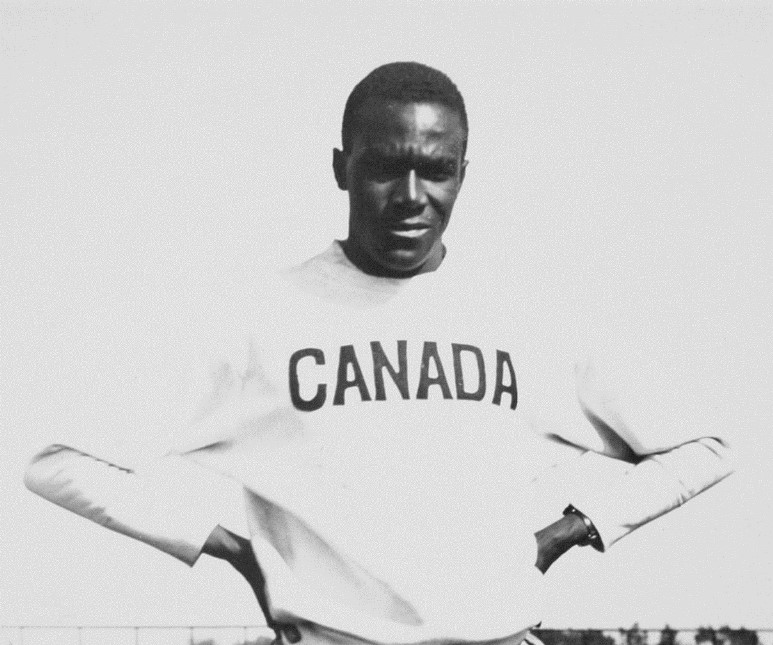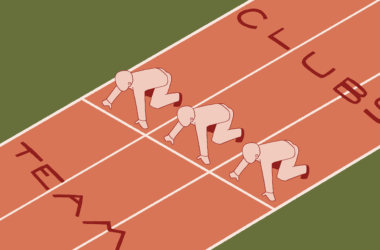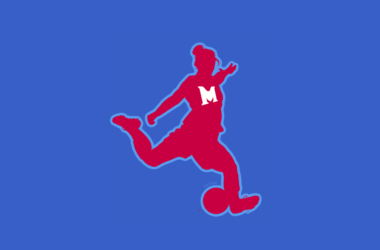In the celebration of Black Canadian figures, McGill is lucky to boast one of Canada’s greatest track athletes and medical graduate, Dr. Phil Edwards, as an alumni.
Edwards was born to a family of 13 children in Georgetown, British Guiana in 1907. After dominating track events in high school, he moved to the United States in 1925 to attend New York University (NYU). Edwards drastically improved as a sprinter under the guidance of his NYU coaches, competing in the U.S. Nationals for multiple years and winning the 880 yards event in 1929.
In his college years, Edwards proved to be an Olympic-calibre athlete. However, he could not compete with the American track and field team, as he was required to compete for a country within the British Empire. At the time, Canada was within the Empire and manager of the Canadian Olympic track team Melville Robinson recruited Edwards for the 1928 Summer Olympics. With Team Canada, Edwards earned a bronze medal with his 4×400 metre relay team.
Edwards arrived at McGill following the 1928 Amsterdam Olympics to pursue a medical degree while simultaneously leading the McGill Track & Field team. During his time with the track team, Edwards led McGill to six consecutive championships—five while he served as captain. Edwards went on to set multiple McGill and Canadian track records en route to numerous individual Canadian interscholastic championships.
Unhindered by his commitment to schooling and collegiate athletics, Edwards continued to dominate internationally. At the 1932 Los Angeles Summer Olympics, Edwards captured an astounding three bronze medals with Team Canada, finishing on the podium for the 800 metre, 1,500 metre, and 4×400 metre relay races.
After becoming the first Black man to graduate from McGill University with a medical degree in 1936, Edwards competed in the 1936 Berlin Summer Olympics. Edwards impressed once again, earning his fifth Olympic bronze medal by finishing third in the 800 metre race.
This medal was especially significant, as the games occurred under the gaze of the Nazi party, only three years prior to the start of the Second World War. Many athletes, particularly Black competitors, faced racism and were viewed as inferior by the host nation’s leaders. Edwards, along with famous American sprinter Jesse Owens, battled through this racism, successfully placing on the podium and making an athletic statement of equality during a time of entrenched racial discrimination.
To end his spectacular year, Edwards became the first person to earn the Lou Marsh Award, given annually to Canada’s most outstanding athlete.
After interrupting his medical career to serve as a captain in the Canadian Army during the Second World War, Edwards earned a graduate medical diploma at McGill University, becoming a specialist in tropical diseases. He continued his work at McGill’s Royal Victoria Hospital by specializing in parasitology and chest diseases, including tuberculosis. Edwards also took part in humanitarian expeditions. In 1960, Dr. Edwards joined a three-month Red Cross mission to help the Congo strengthen its medical system after gaining independence.
Edwards passed away beside his three daughters and wife in 1971 and currently rests close to McGill campus at the Mount Royal Cemetery in Montreal.
Edwards was inducted into Canada’s Sports Hall of Fame and McGill’s Sports Hall of Fame in 1997 and entered the Quebec Sports Hall of Fame eight years afterwards. Additionally, every year since 1972, the Phil A. Edwards Memorial Trophy is presented to Canada’s most outstanding track athlete. Looking back on Phil Edwards’ legacy, his impact and recognition at McGill and in Canada remains tremendous to this day. A pioneer for Black Canadian athletes and medical professionals, Edwards reached astounding levels of excellence that inspired many generations to follow.







